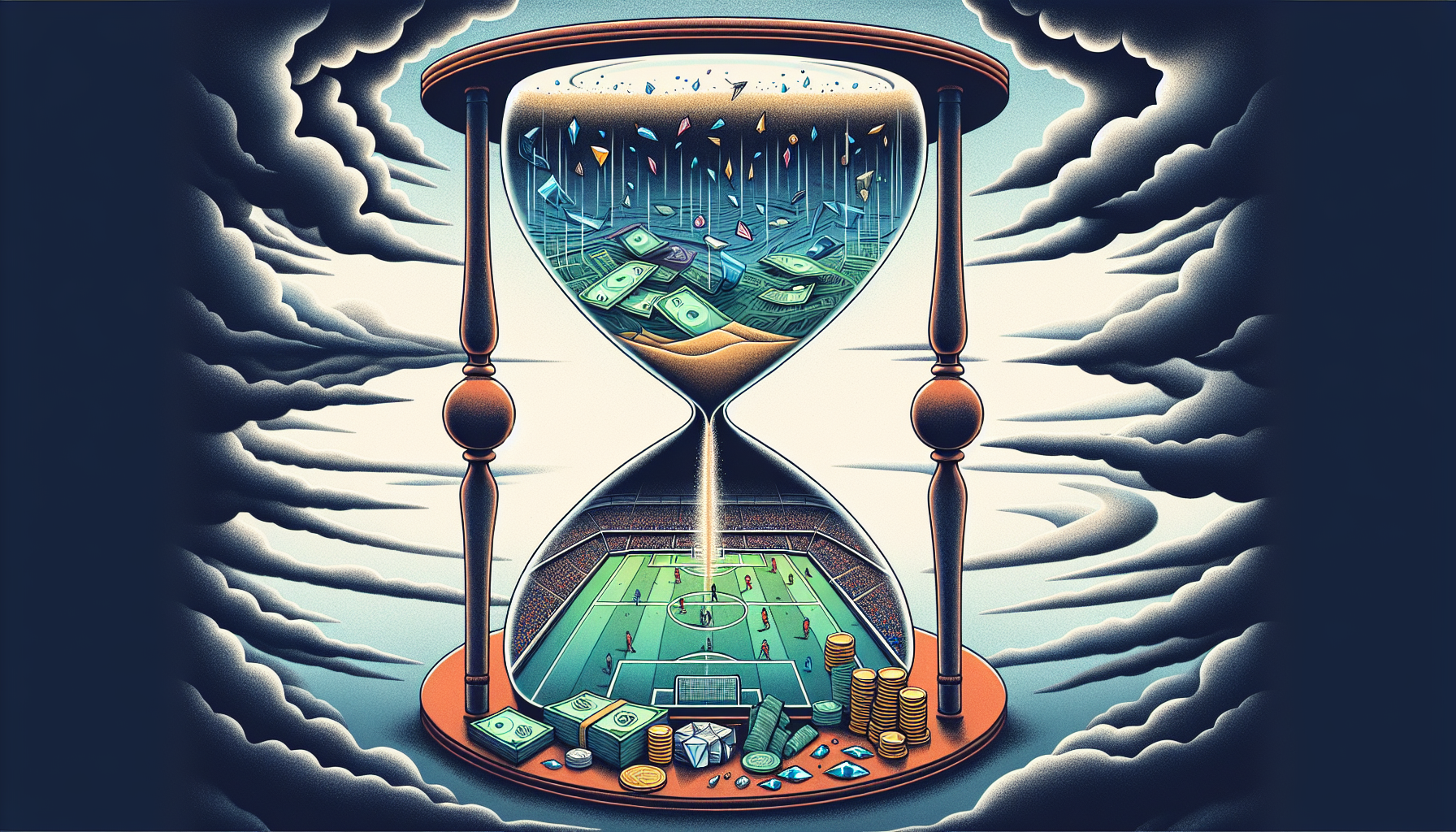Riddled with Self-Interest: The Premier League’s Growing Crisis
In the world of football, the tension is palpable, and nowhere is this more evident than in the Premier League. With its financial allure and fierce rivalries, the league, which should be a beacon of excitement, appears to be unraveling at the seams. As critical figures launch into a cauldron of infighting, what does this mean for the future of the game?
The Picture of Discontent
As executives from top clubs converge, the backdrop of inner turmoil comes sharply into focus. In recent meetings at the European Club Association (ECA) congress in Athens, discontent overflowed as discussions surrounding Manchester City’s legal woes took center stage. Executives, once allies, are now drawn into a web of self-interest, leaving fans questioning the integrity of their beloved sport.
The Billions at Stake
The Premier League stands alone as a financial titan, pulling in revenues that dwarf those of its rivals. According to LaLiga’s president Javier Tebas, the English league’s success appears “uncatchable.” Yet amid this surge in financial power, a dangerous game of ownership is taking place, shedding light on the deeper issues plaguing the sport.
Manchester City: The Catalyst for Controversy
At the heart of the Premier League’s unease lies Manchester City, embroiled in protracted legal battles. This season promises to be fraught with courtroom dramas, as state versus private equity interests vie for control of the narrative. Some clubs, traditionally tied to the “Big Six,” now find themselves in unexpected alliances, leaving the future unpredictable.
Who’s in Control?
As power shifts among stakeholders, the roles of FIFA and UEFA have come under scrutiny. Their inability to maintain order amidst rising chaos only adds to the growing frustrations. The clubs’ minds seem preoccupied with power plays and growth forecasts rather than considering the spirit and sustainability of the game.
The State of Football Ownership
The emergence of state-owned clubs, such as Manchester City, has raised questions about equitable competition. As wealth concentrates among a select few, competitive balance is put at serious risk. With private equity backing, traditional clubs seek to push back against what some term the “red cartel,” highlighting a desperate struggle for balance in the league.
A Call for Regulation
The essence of football’s greatness lies not just in its fervent fanbases but also in its competitiveness. Many industry insiders argue that the league requires more regulation, not fewer checks on financial behavior. Financial Fair Play (FFP) regulations were created to ensure sustainability in a sport heavily influenced by excessive spending.
Why You Should Care
Looking beyond the boardroom battles, what does this mean for fans? The Premier League’s predicament represents a broader cautionary tale. As revenue-driven strategies overshadow the fan experience, the game’s very nature is at stake. It is essential to advocate for a financial landscape that prioritizes club integrity over riches.
Navigating the Future of Football
In an age where football seems increasingly “ungovernable,” the sport needs a stronger framework that fosters enjoyable competition rather than tumultuous skirmishes. The push for a unifying regulator may serve to protect the essence of the game while providing a semblance of fairness.
Join the Conversation
As developments unfold, fans have the power to voice their opinions. Engage with your favorite clubs and discuss the significance of sustainability in football. Your voice can help shape a more balanced future for the beloved sport.
Conclusion: The Uncertain Road Ahead
The Premier League is traversing unchartered waters, and the stakes have never been higher. The collision of self-interest and competition threatens not only the financial stability of clubs but also the fervor and passion of fans worldwide. A collective push for stronger regulations could safeguard the future of football while restoring the beauty of the game that captivates millions.
